Appointment with an otolaryngologist

specialists

equipment

treatment

An otoneurologist is a specialized physician who works at the intersection of otolaryngology and neurology. They diagnose and treat disorders related to the inner ear, auditory pathways, and balance system. Their focus is on the vestibular system, which is responsible for spatial orientation, stability, and motor coordination, as well as hearing and its interaction with the nervous system.
An otoneurologist evaluates the functioning of the inner ear structures, the nerves that conduct the nerves, and the brain centers responsible for balance. They are consulted for dizziness, unsteadiness, tinnitus, hearing loss, and a sensation of "dropping" or spinning. Unlike a general ENT doctor, this specialist analyzes the neurological causes of symptoms in more depth and prescribes comprehensive treatment.
What is an appointment with an otolaryngologist like?

The initial appointment begins with a detailed consultation: the patient describes their complaints, the circumstances surrounding their onset, and the progression of symptoms. The doctor then conducts a specialized examination, assessing the ear, hearing, and vestibular system. Balance, eye movements, response to changes in body position, and other indicators may be assessed.
Following the examination, diagnostics are prescribed, including functional tests, audiological examinations, and, if necessary, additional tests. This format helps differentiate vestibular disorders from other ENT problems and eliminates confusion with a regular otolaryngologist. The consultation concludes with an explanation of the diagnosis and treatment recommendations, which the patient can begin immediately after the appointment.
When is it time to go to an otoneurologist?

You should contact an otoneurologist if you have the following symptoms:
- Dizziness
- Impaired balance
- Hearing loss
- Tinnitus
- Ear congestion
- Loss of smell
You should contact an otoneurologist if you have the following conditions:
- Benign paroxysmal positional vertigo
- Ménière's disease
- Subjective tinnitus
- Vestibular neuronitis
- Acute and chronic sensorineural hearing loss
- Vestibular paroxysmia
- Otosclerosis, otitis media, accompanied by dizziness
What can you expect at your appointment with an otoneurologist?

What tests need to be done before the appointment
In cases of hearing loss and/or tinnitus, it is advisable to undergo an examination by an ENT doctor and perform a minimal audiological examination (audiometry, tympanometry); in case of olfactory impairment - an ENT examination.
How the appointment will take place
The appointment with an otolaryngologist lasts 40 minutes. During the appointment, the doctor will ask in detail about the complaints and how the disease developed, review the medical documentation, assess the presence of positional (diagnosis of BPPV) and spontaneous nystagmus in special Frenzel glasses, conduct tests for coordination and balance; if you contact us about a decrease in the sense of smell - he will conduct an olfactory examination (included in the cost of the appointment). After the examination, he will prescribe treatment; in case of BPPV, the doctor will perform therapeutic maneuvers (included in the cost of the appointment). If necessary, he will recommend additional examinations (audiological examination, CT/MRI, consultations of related specialists - otolaryngologist, neurologist, therapist).
The appointment with an otoneurologist does not include:
ENT examination, endoscopic examination, audiological diagnostics (audiometry, tympanometry, acoustic reflexes, examination of the function of the auditory tube)
Diagnostic methods in otoneurology
Modern diagnostics in otoneurology aim to accurately identify the causes of symptoms and allow for a comprehensive assessment of the auditory and vestibular systems. The examination is tailored to the individual and covers both functional and structural changes that may be causing the disorder.
Comprehensive diagnostics help accurately determine the source of the disorder, understand the structures involved, and select further treatment strategies tailored to the individual patient's needs.
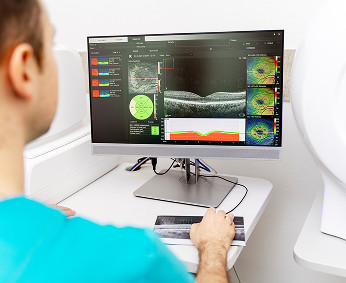
- Balance tests – evaluate vestibular function, response to movement, and changes in body position
- Audiometry – allows for a detailed examination of hearing and the detection of hearing loss
- MRI or CT scans – used to rule out tumors, vascular, and other organic causes of the disease
- Videonystagmography – records eye movements and reflects the state of the vestibular system
Treatment methods for otoneurological diseases
Treatment for otoneurological disorders is always individualized and depends on the cause, form, and severity of the condition. The primary goal of therapy is to restore balance, reduce the severity of symptoms, and, if necessary, correct hearing loss.
A comprehensive approach to treatment addresses not only the symptoms but also the underlying cause, improving balance stability and the patient's quality of life.
- Drug therapy – used to reduce dizziness, improve circulation, and stabilize the vestibular system
- Therapeutic maneuvers – used for positional disorders to restore a normal sense of balance
- Vestibular rehabilitation – a set of exercises that helps the brain adapt and compensate for disorders
- Hearing restoration methods – medication support and assistive technologies
- Surgical treatment – considered for severe cases of the disease if conservative methods are ineffective
Make an appointment with an otolaryngologist
You can schedule an appointment with an otolaryngologist in several ways. You can book by phone at the reception desk or online through the clinic's website at a convenient time. Current prices for consultations and examinations are listed on the website or can be confirmed upon request.
The clinic accepts patients in Moscow, so it's important to choose the appropriate branch in advance. We recommend bringing previous examination results and medical reports to your appointment to expedite the consultation. Convenient scheduling and a clear information system allow you to quickly see a specialist and receive care at a reliable clinic without unnecessary waiting.

Answers to popular questions
Can tinnitus be due to osteochondrosis or problems with blood vessels in the neck?
Why do osteochondrosis and cervical hernias not cause tinnitus?
What is systemic and non-systemic dizziness?
Is tinnitus and noise in the head curable?
Can falling pebbles in the ear cause dizziness?
Do I need to do an MRI, CT scan and start treatment on my own for dizziness?
If my hearing has become worse, can I postpone my visit to the doctor?
K+31 photo gallery






This award is given to clinics with the highest ratings according to user ratings, a large number of requests from this site, and in the absence of critical violations.

This award is given to clinics with the highest ratings according to user ratings. It means that the place is known, loved, and definitely worth visiting.

The ProDoctors portal collected 500 thousand reviews, compiled a rating of doctors based on them and awarded the best. We are proud that our doctors are among those awarded.
Make an appointment at a convenient time on the nearest date
Price
Other services







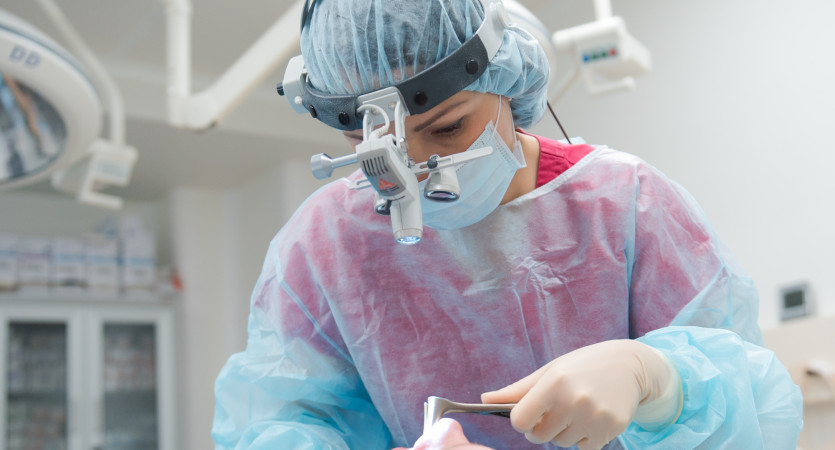
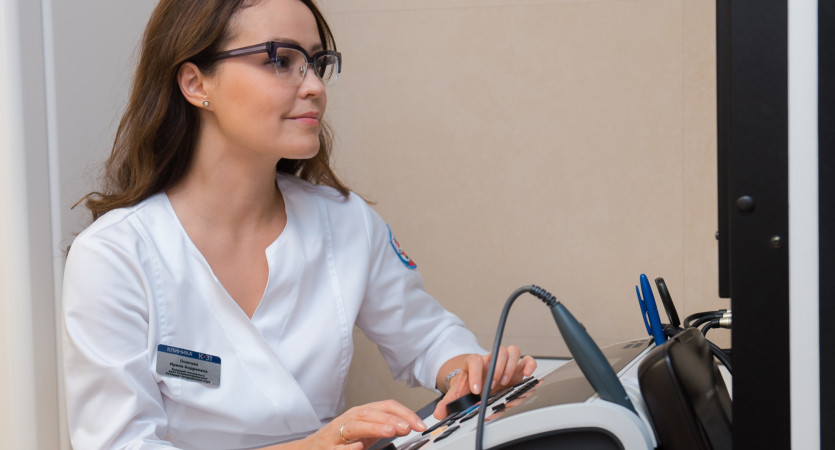
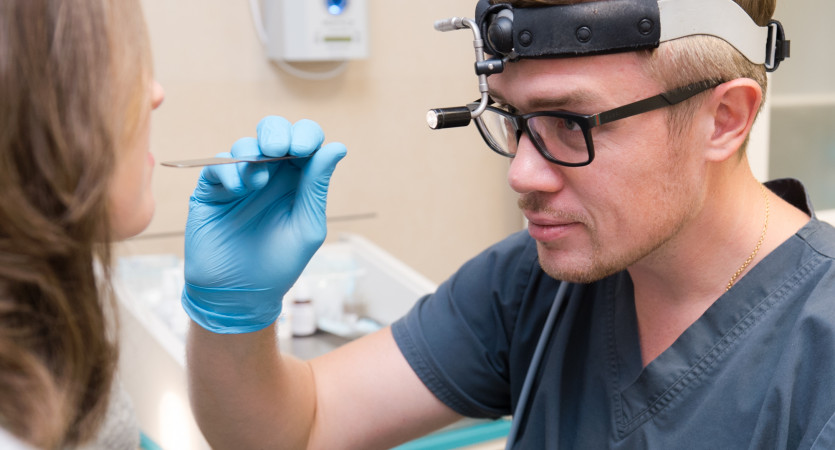
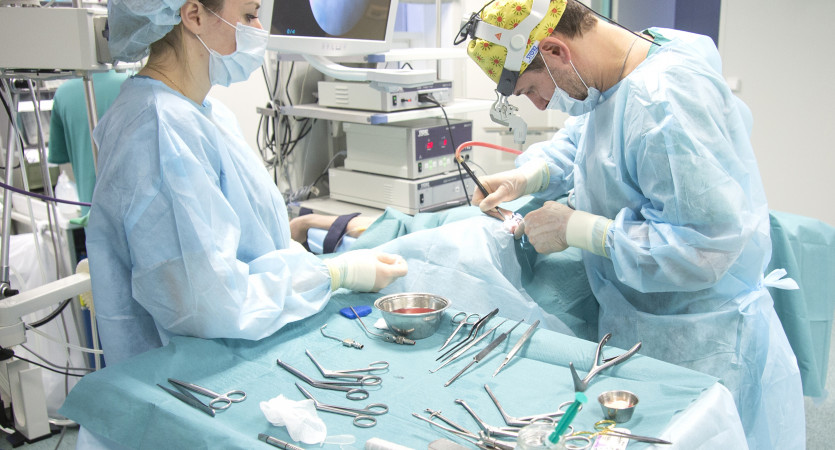









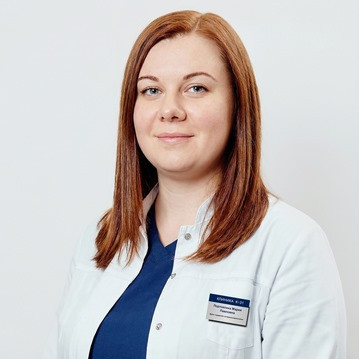



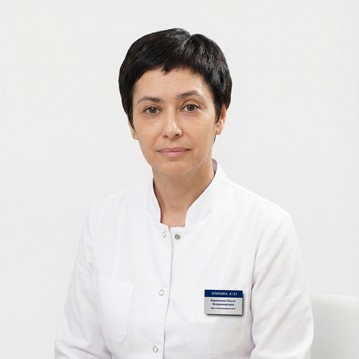
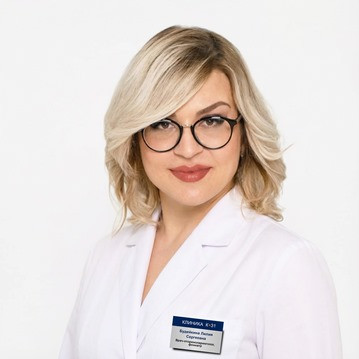



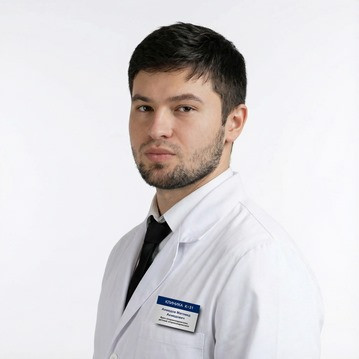





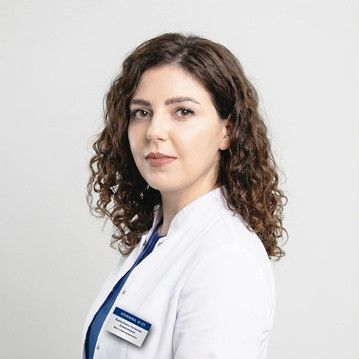


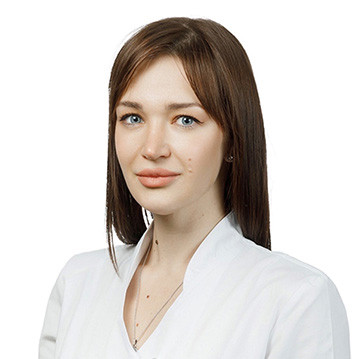
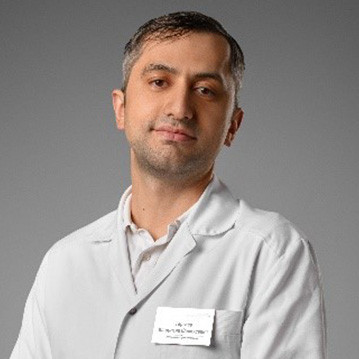






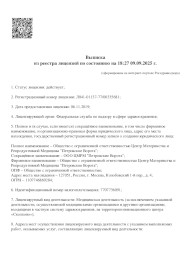
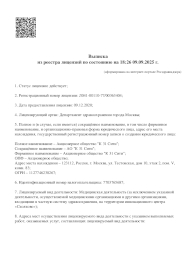

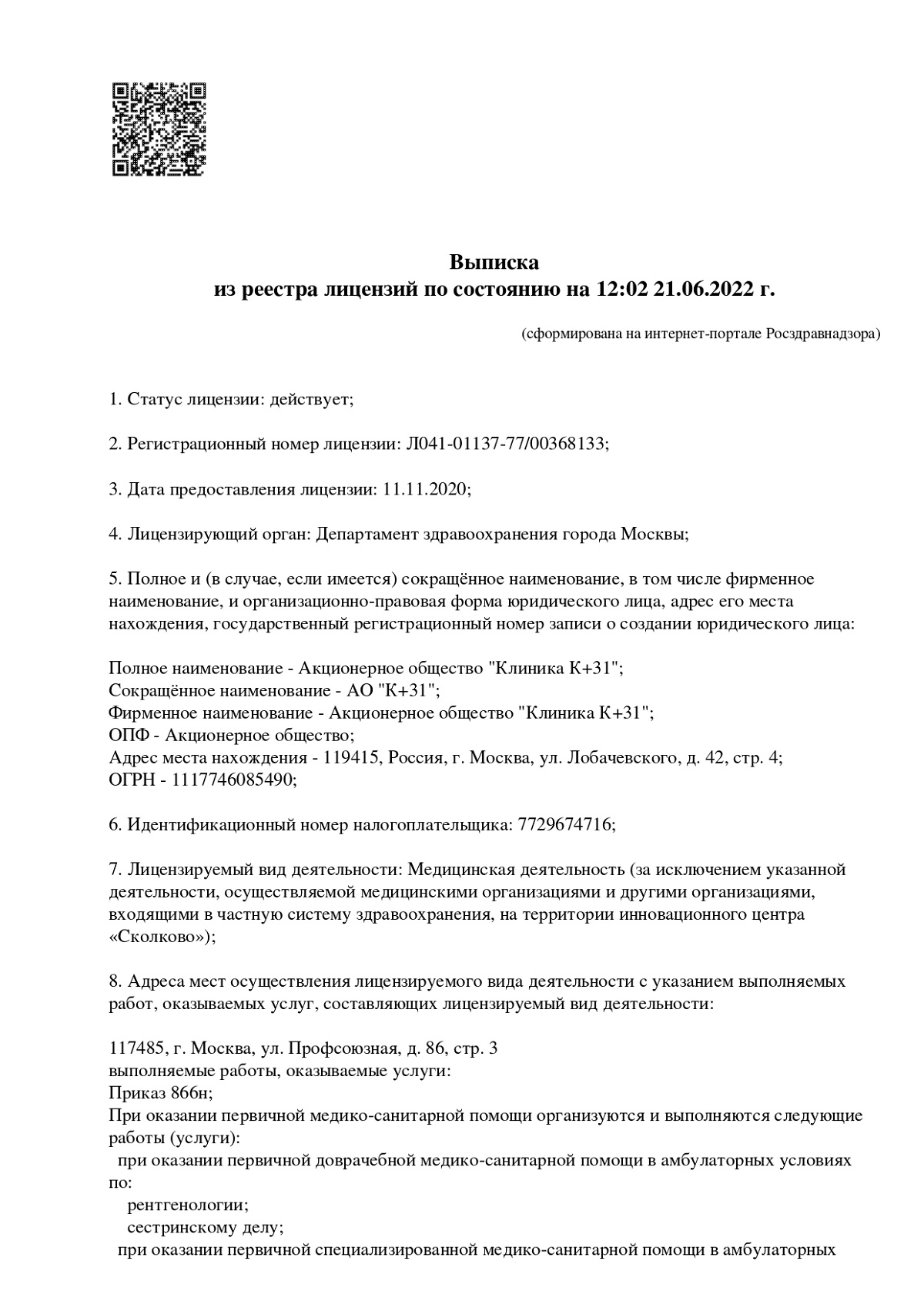
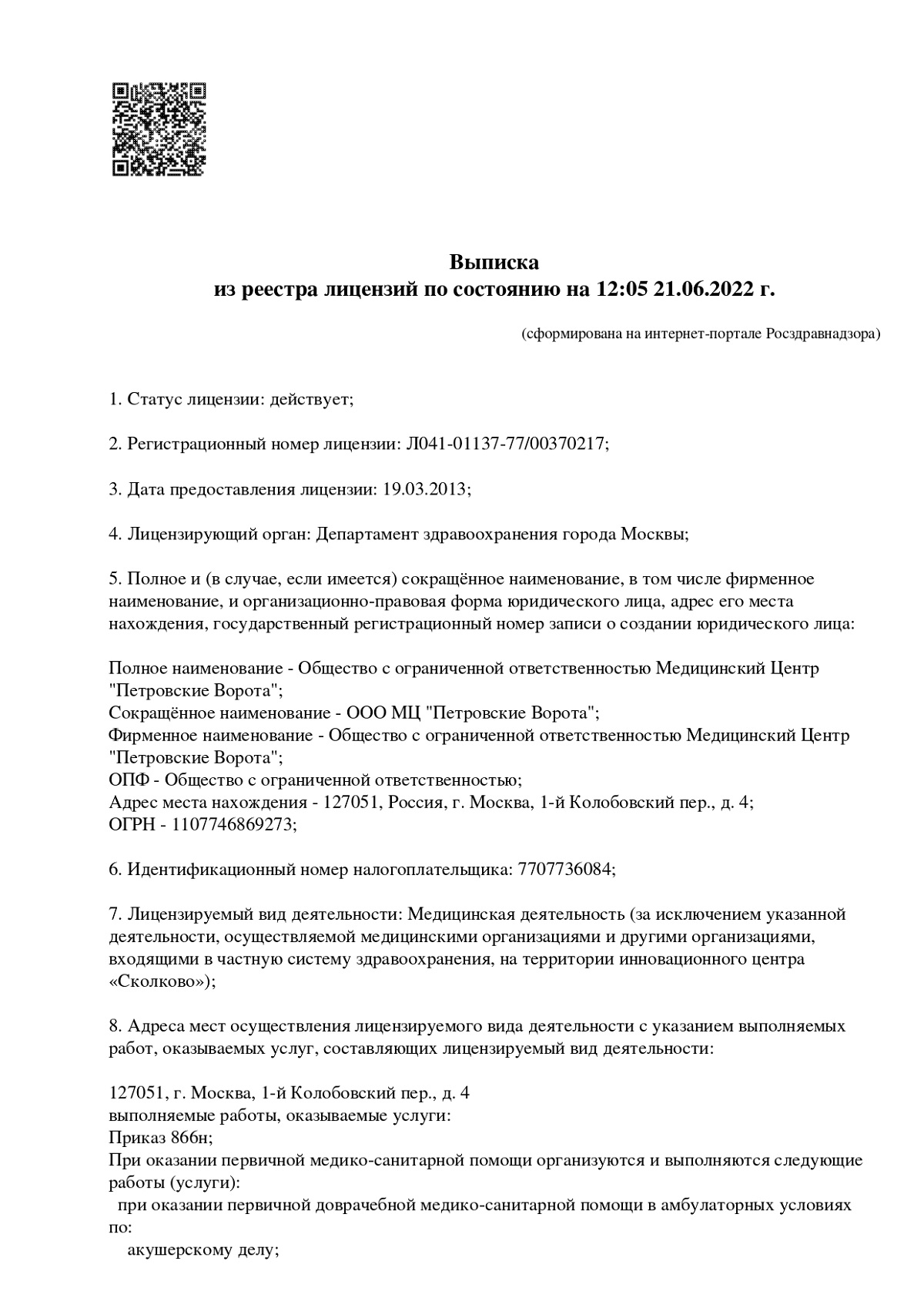
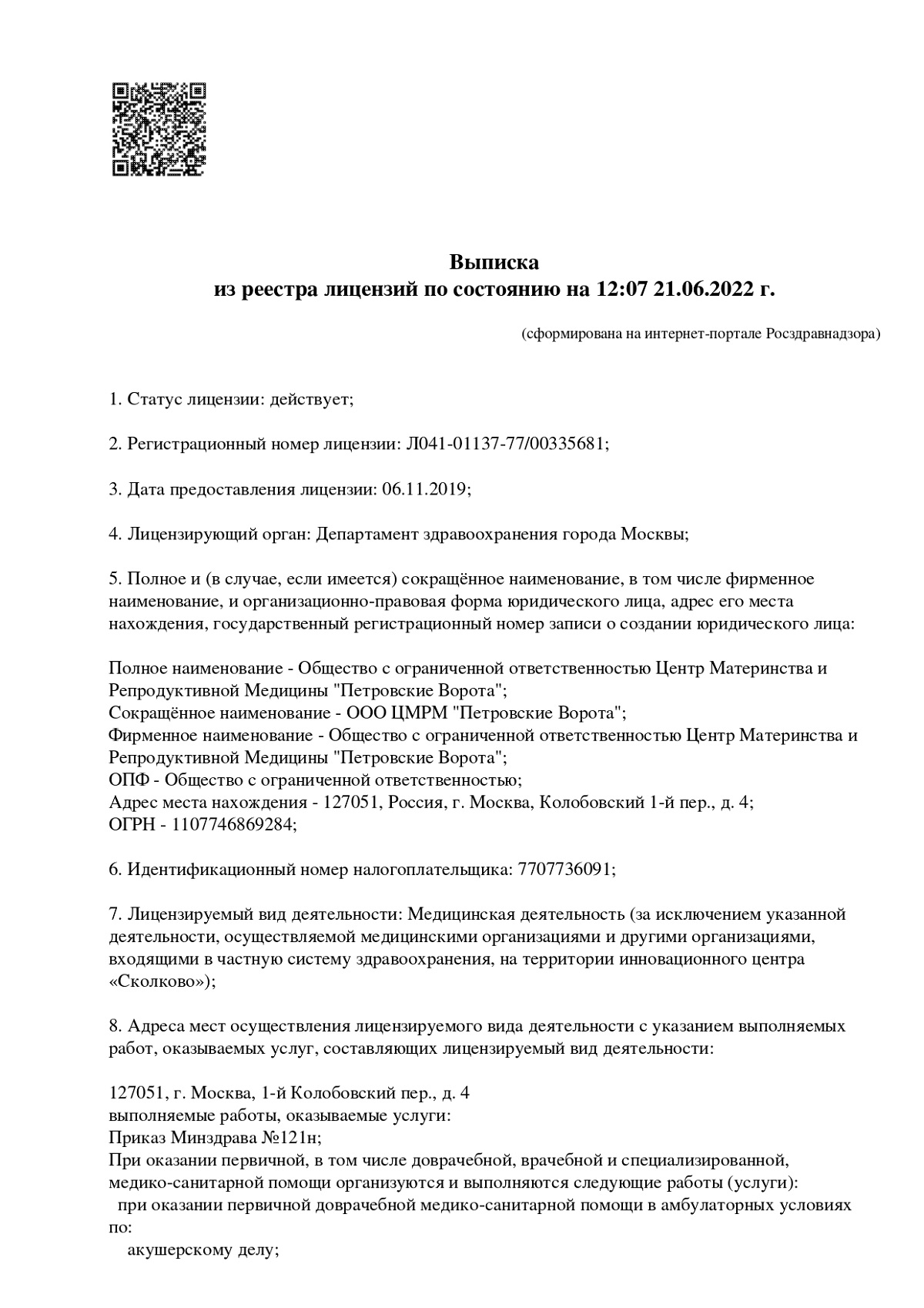
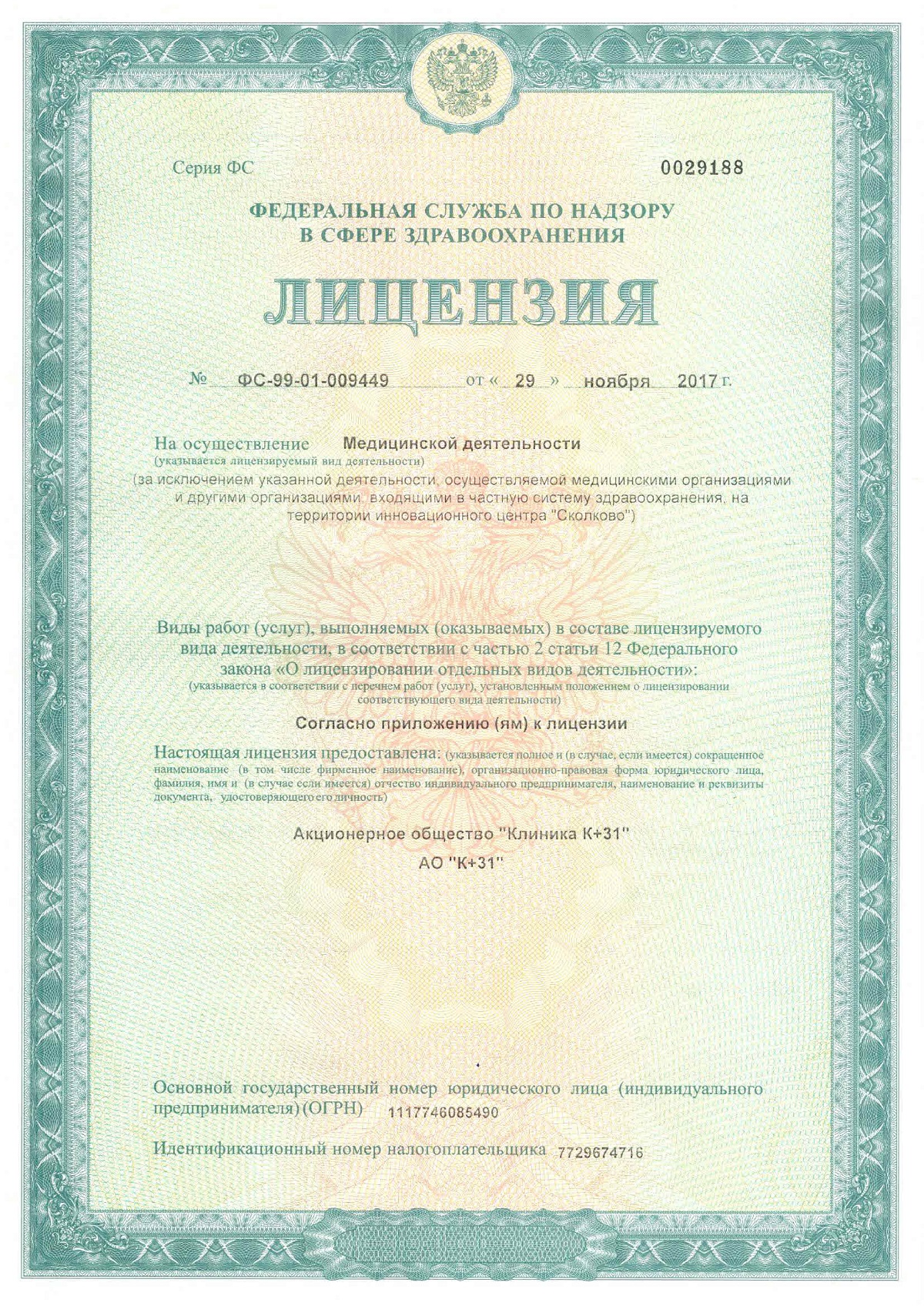
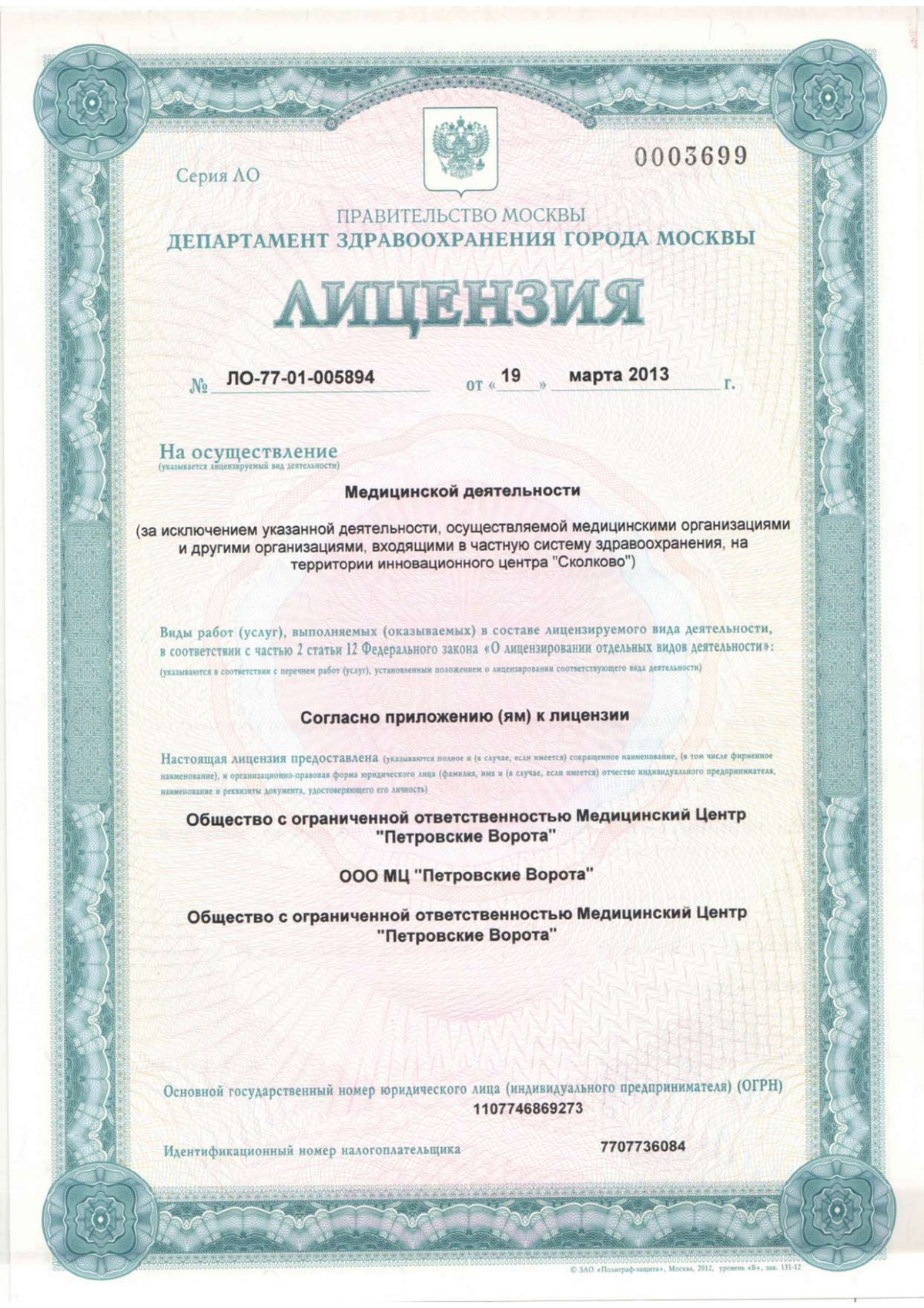
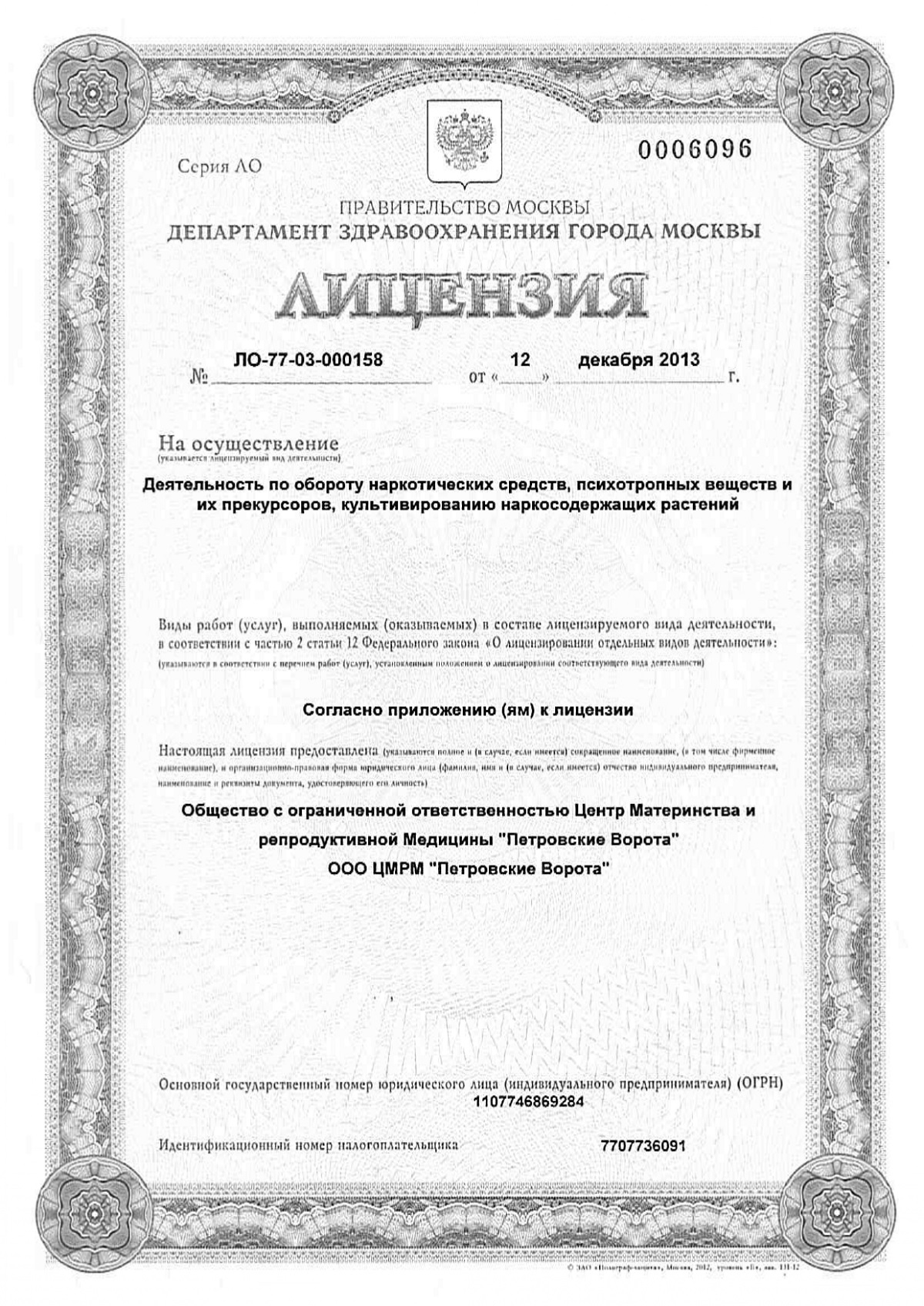
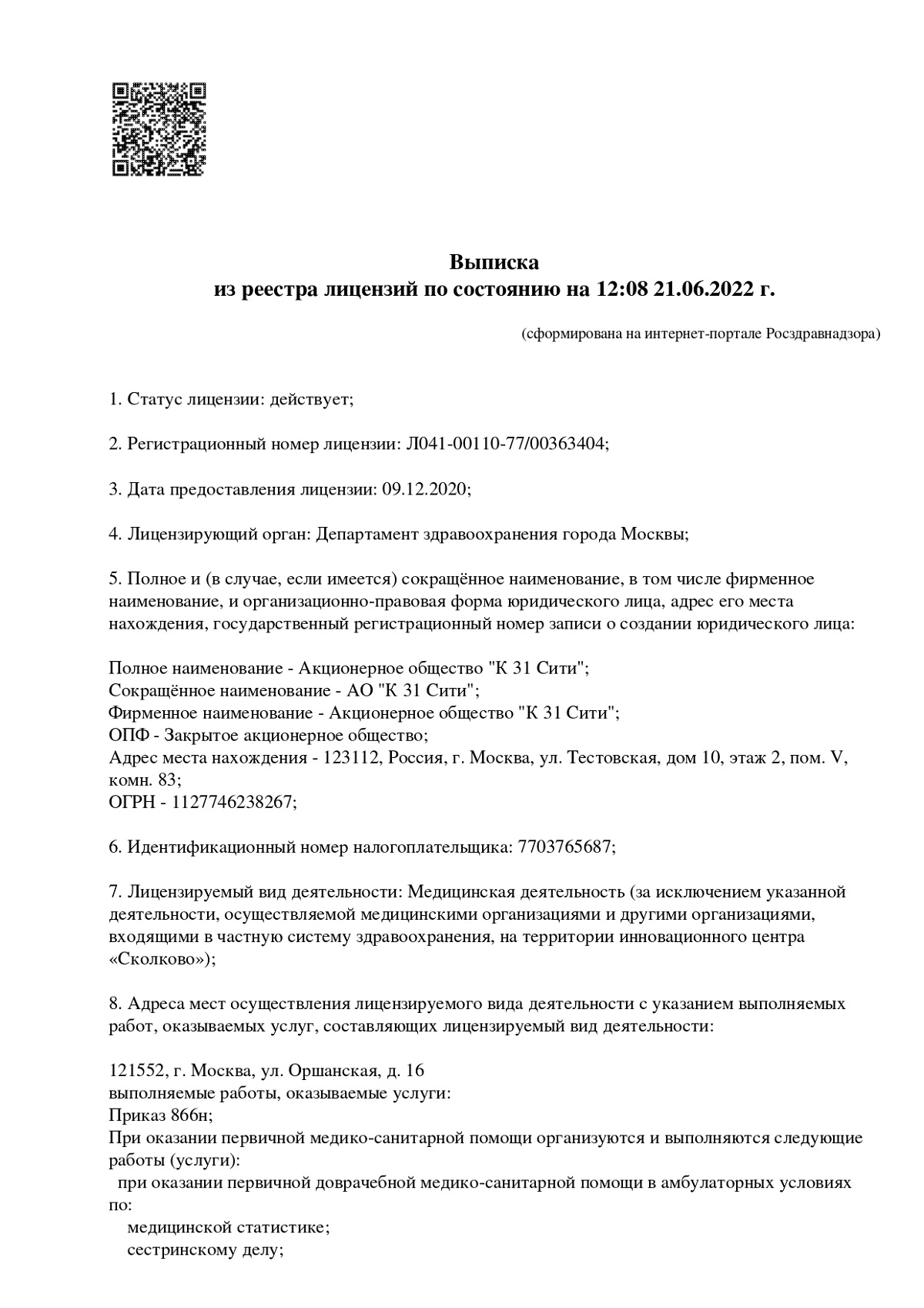
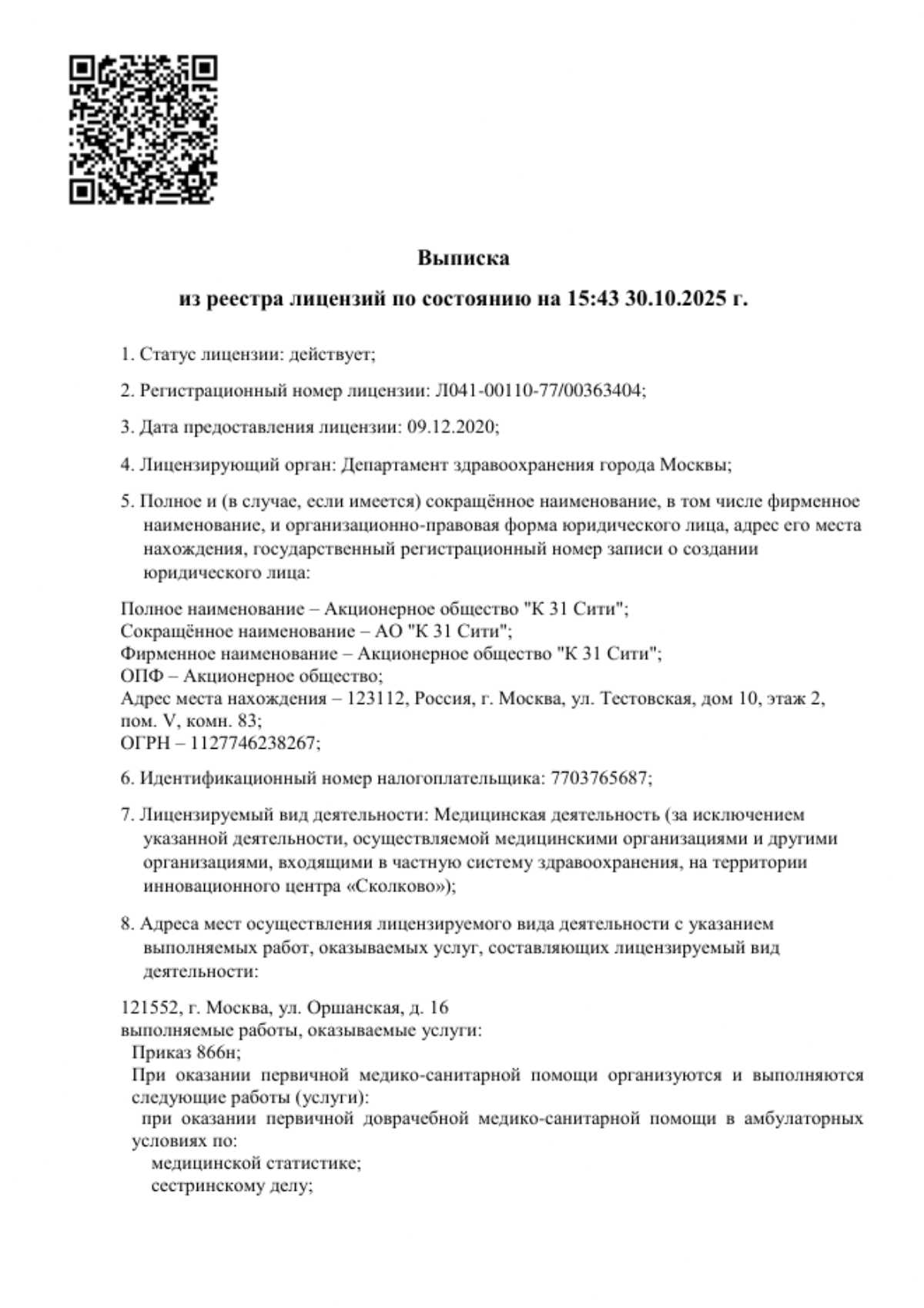
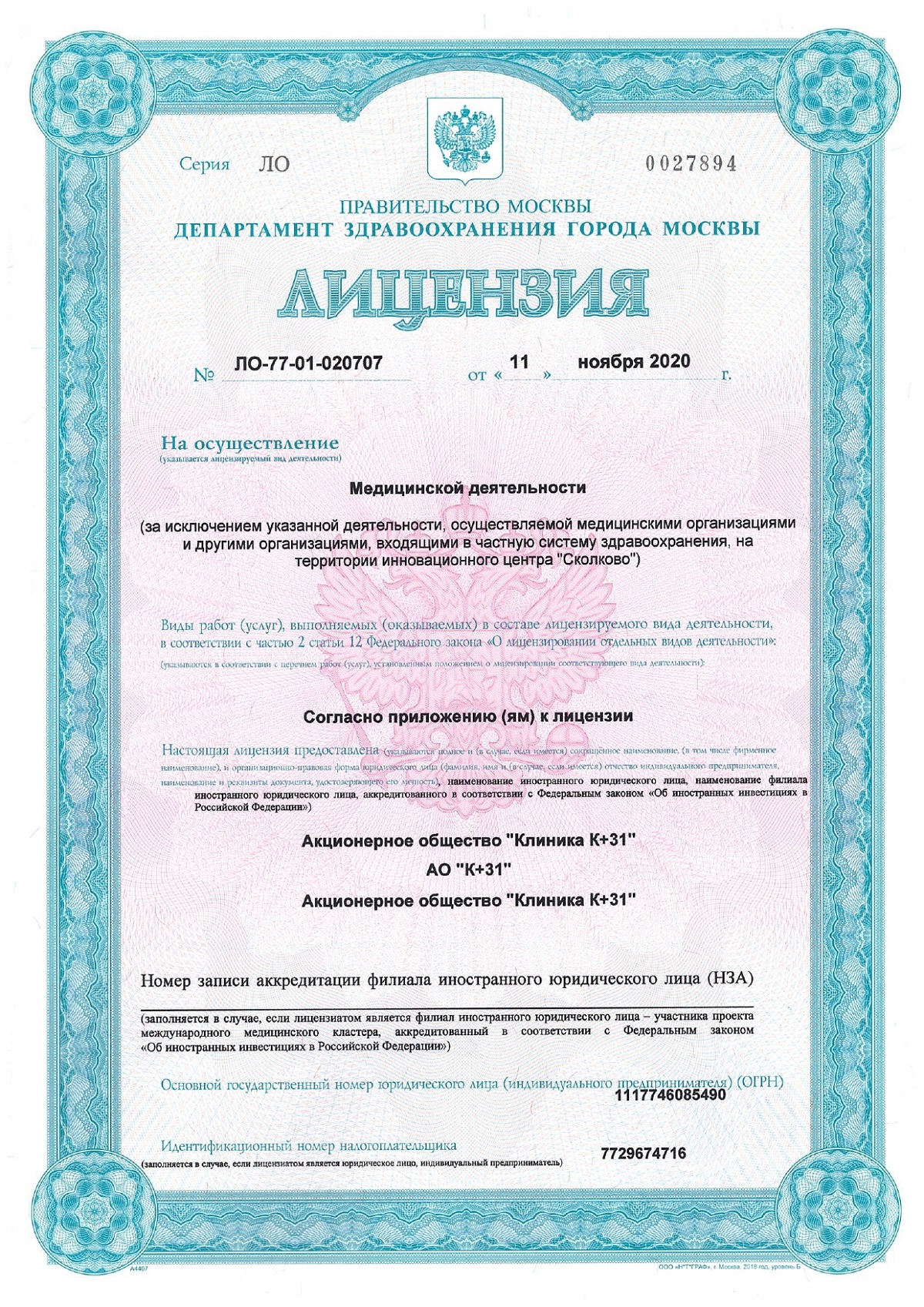
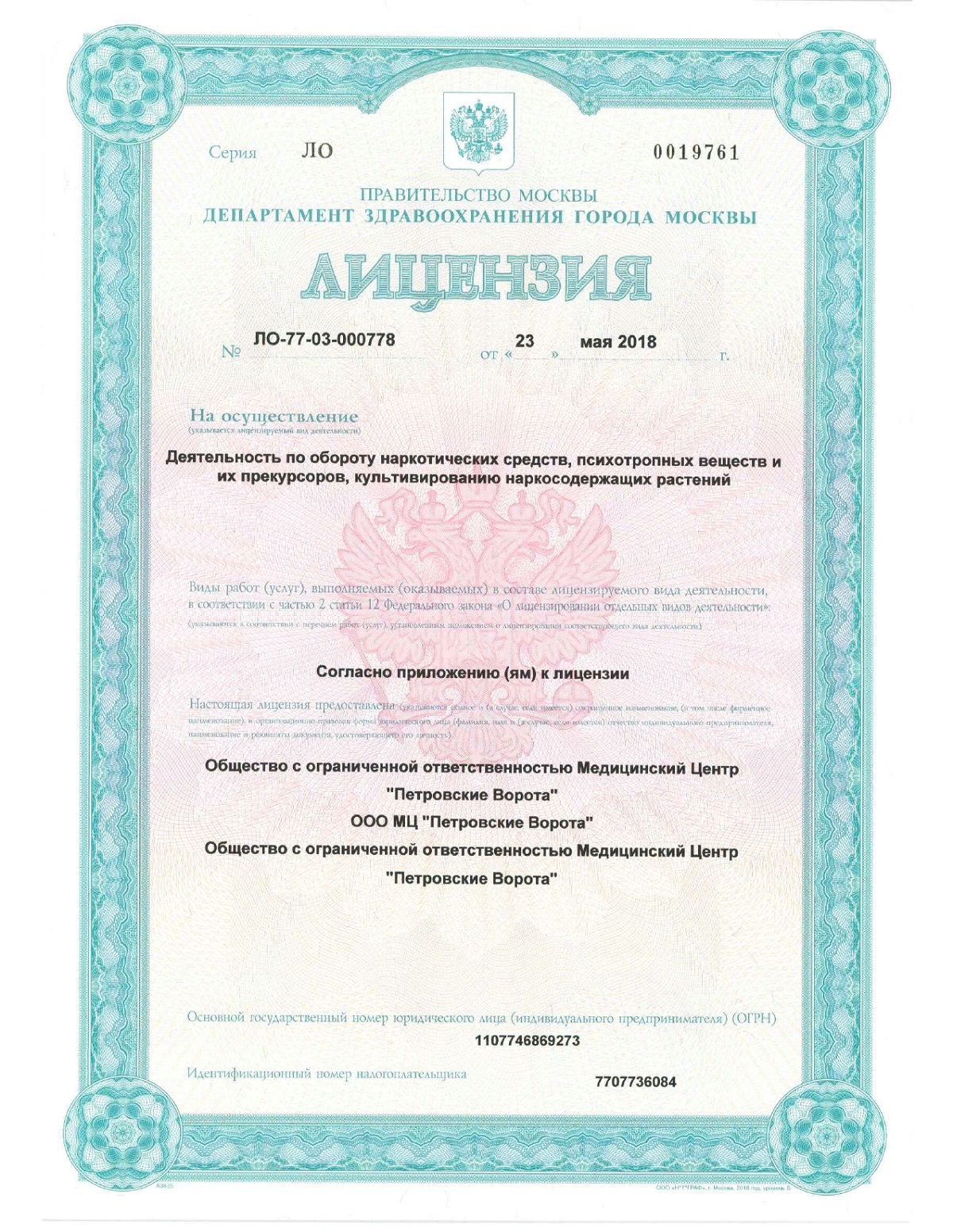
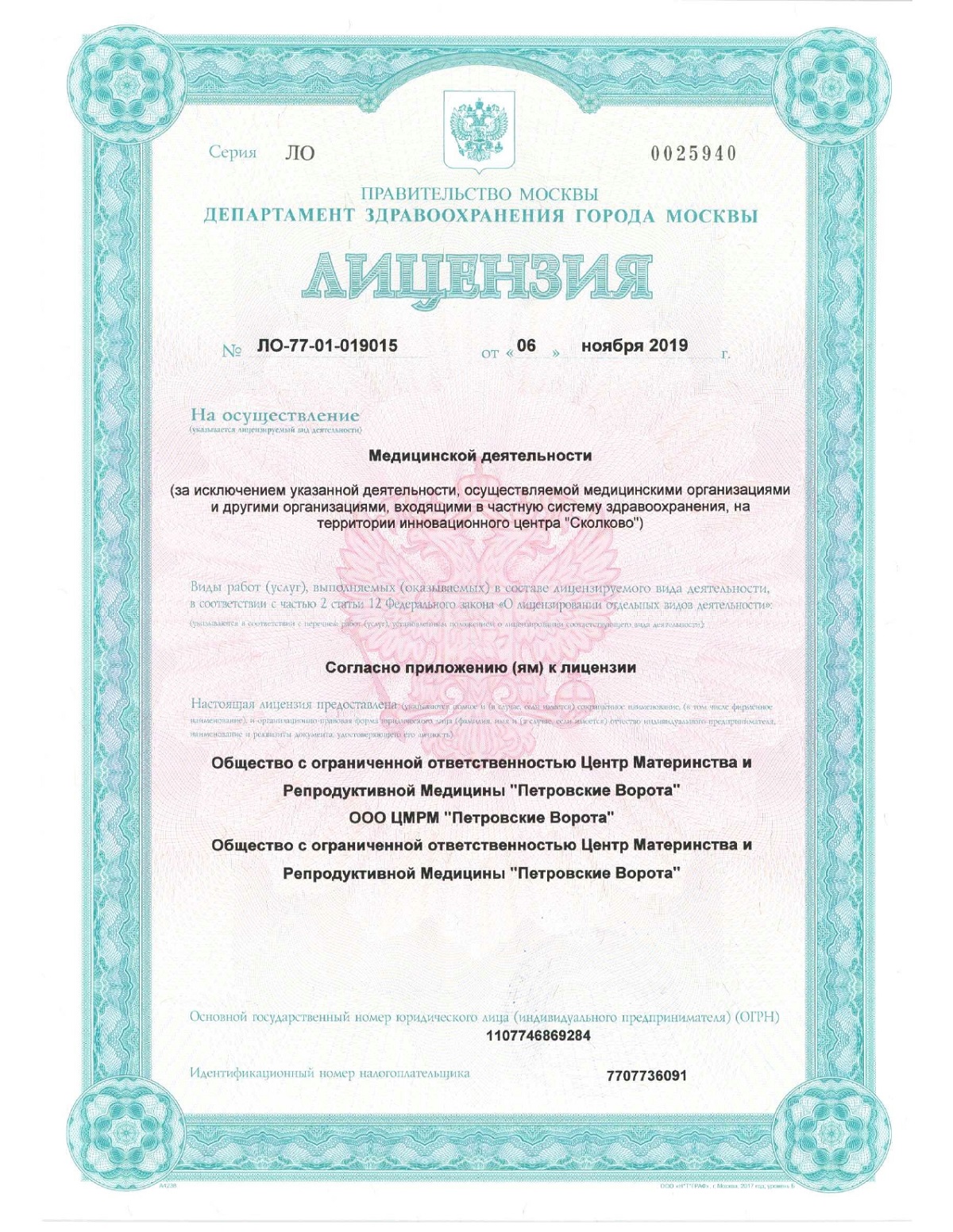
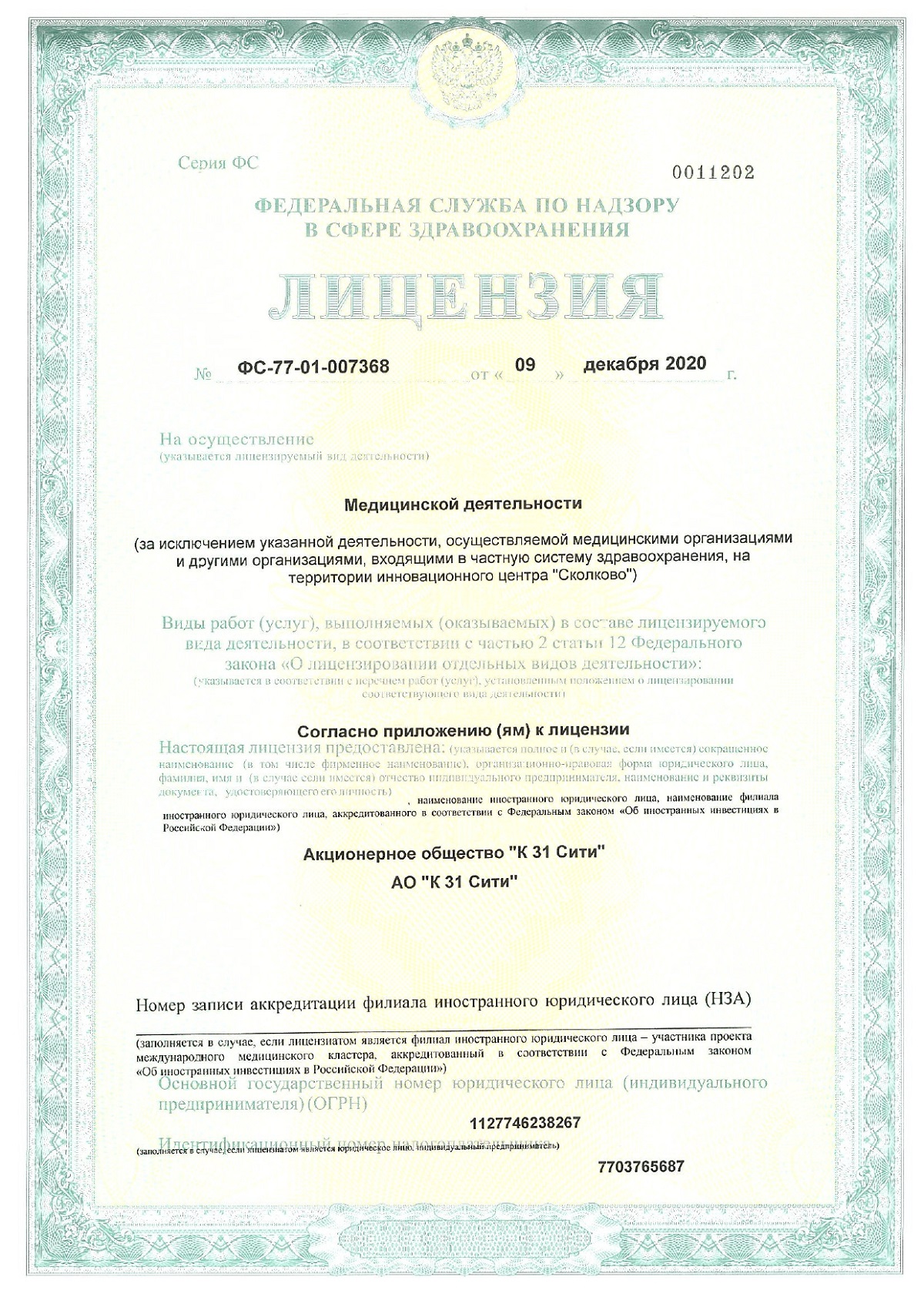



Otoneurologist: where does he see and what does he do?
When we have problems with our ears, nose or throat, we go to an otolaryngologist. This area of medicine is known as ENT and has doctors with subspecialties. One of these specialists is an otoneurologist. It works with coordination problems.
Imagine that you suddenly feel dizzy or feel off balance. Many in this situation turn to a neurologist, who can diagnose, for example, problems with blood circulation in the neck and head. However, there can be more than 80 causes of dizziness, and not all of them are related to neurology. This is where an otoneurologist comes to the rescue.
An audiologist and otoneurologist knows everything about how our vestibular analyzer system works. This is a complex mechanism that provides our sense of balance and orientation in space. If you have been diagnosed with benign positional vertigo, Meniere's disease or vestibular neuronitis, an otoneurologist can help you cope with these diseases.